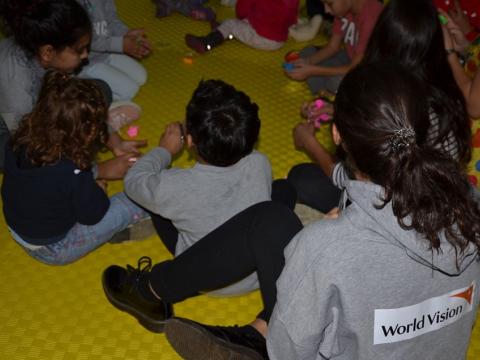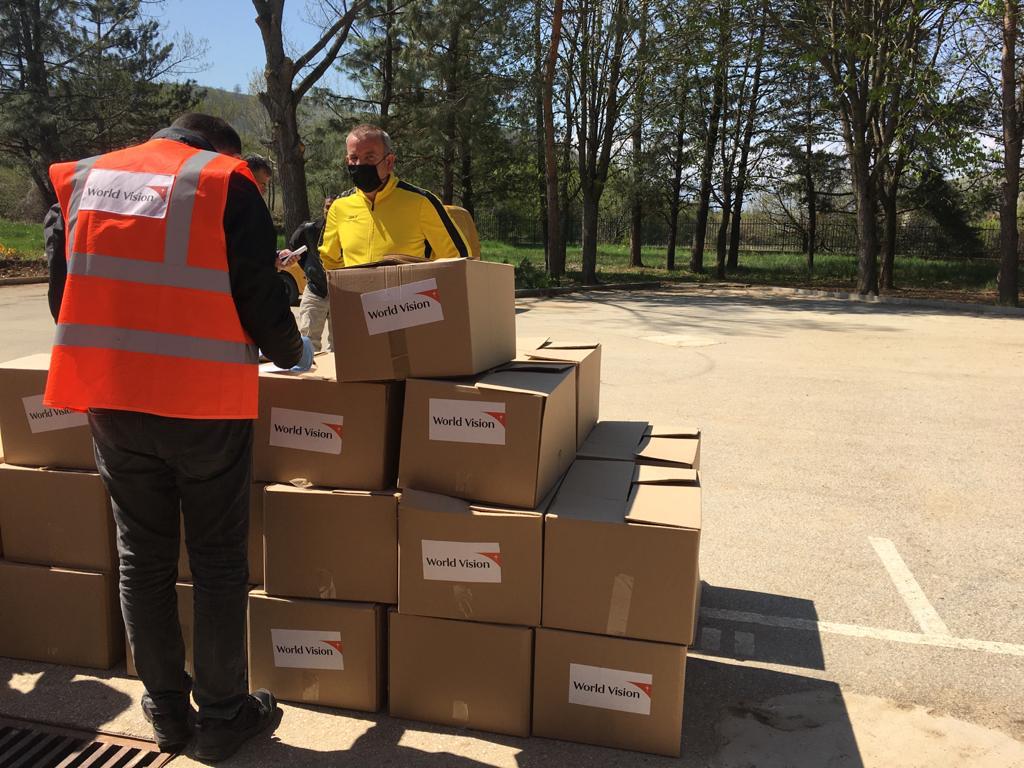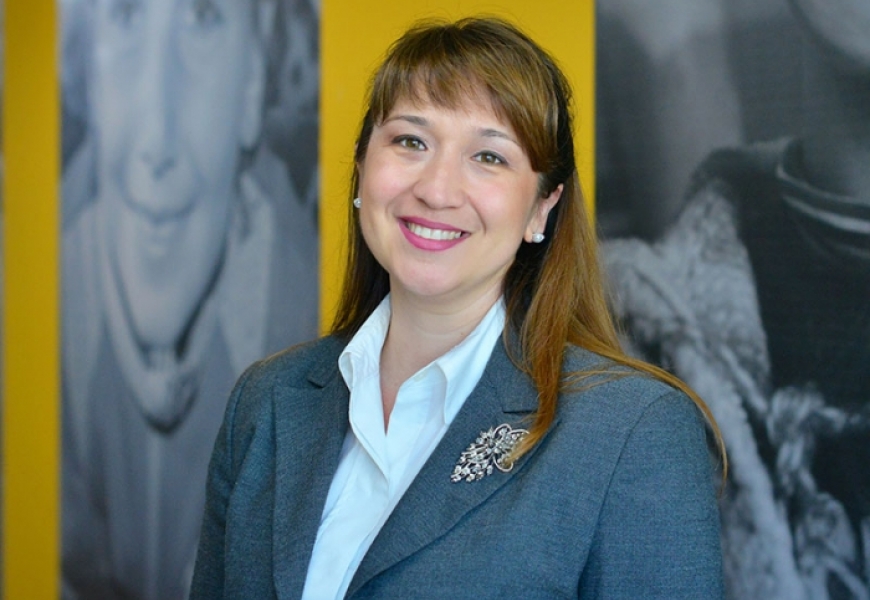The Role of Human Resources in Employee Welfare during Crisis Periods

By Sedika Fushekati, People & Culture Team Leader for World Vision Albania & Kosovo
Events in recent years have shown a growing trend of natural disasters and potential crises around the world. Albania, more than any other Balkan country, has experienced these events deeply, starting from the crisis created by the earthquakes during September-November 2019, and without recovering time, it faces the next pandemic crisis, this time worldwide.
In this article, we will address some of the key issues that Human Resources need to think about, influence in relation to increasing employees’ ability to perform to their full potential and empowering them to live a life / career in fullness.
Coping with crises and the profound effects they have on employees, in the well-being of families and communities where we live (WVA, 2020) is an important moment in which the heads of institutions and Human Resources have to face not only with the compelling factors such as compliance with local laws, achieving the targets / objectives of the institution, but as well as the choice to care for the well-being of employees. Choosing to care for your employees’ wellbeing makes the difference as an institution of the future.
What should human resources consider when managing crisis situations?
Firstly, communicate and agree with senior executives on the intentionality and prioritization of safety, care and wellbeing of employees. It is important that senior executives not only agree, but also become sponsors of this process, set an example and model the desired change (Bock, 2015). The changes are never easy, so start where you are.
Secondly, develop benefit packages, suitable for employees and contributing to both their professional fulfillment and talent retention within the institution. A practical way to design these packages is to involve employees themselves, actively listen to their suggestions about the care and wellbeing they need. This practice will easy the process of designing policies and work structures suitable for the families of employees and at the same time successful for your institution. In your role as Human Resource Manager / Specialist, be sure to include non-financial benefits that can speak to as many categories of employees as possible, e.g. working from home when possible, increasing annual leave days, providing sick leave without the need to obtain a medical report (e.g. in case of COVID-19 pandemic), providing personal protective equipment, apply favorable health safety criteria such as for pregnant workers, those with complex health problems, those with young children who want parental care, etc.

Thirdly, and very important is the promotion of mutual responsibility. If the desire, care and provision of benefits, financial and non-financial, is one-sided then the sustainability is not of long-term. It is important to invest in a culture, performance of mutual responsibility, strategically harmonized with the values and mission of the institutions that is cascaded from the senior executives down to employees with the simplest tasks.
When facing crisis one after the other, it is normal to feel stressed, worried and unsure about the future, about your income or health of one’s family. The impact of prolonged stress can lead to negative or unhelpful behaviors. Feeling fearful is just a natural human reaction to any threat, which takes someone to other physical, emotional, psychological or behavioral reactions. For example, it can make us debated, loss of patience, slow understanding which may create uncomfortable and unpleasant situations at work with colleagues and within the family. Realizing the need for support, seeking / accepting help and taking good care of ourselves should be part of everyone’s actions towards self-care and wellbeing. Stress does not make a difference in hierarchy, gender, or social status. Everyone should work hard towards building resilience, adapting to change and get comfortable to the new normal life and work.
Institutions that rely heavily on employees for the production of their products or the provision of services, should be understanding and support their staff and their families during these times. A physically, mentally and emotionally healthy team naturally will perform better and consequently offer better quality products or services.
It seems that the number crises is not going to decrease, on the contrary, we must now prepare for the next crisis, whether it is the economic crisis post COVID-19 or any other. Therefore, institutions should start investing (if they have not done already so) seriously in creating interventions which increase the well-being of employees, especially in their safety and security during periods of crisis.
